“Pyaasa Movie Quotes” is a captivating collection of movie quotes that effortlessly brings to life the plots and characters of various films. Bursting with nostalgia and cinematic charm, this compilation is sure to transport readers to the mesmerizing world of cinema. From timeless classics to modern blockbusters, these carefully curated quotes provide a glimpse into the memorable moments that have captured the hearts and minds of audiences everywhere. Delve into the words that have defined cinematic experiences, as “Pyaasa Movie Quotes” invites you to relive your favorite movies through their most powerful and unforgettable lines.
Pyaasa Movie Quotes
Pyaasa is a classic Indian film directed by Guru Dutt and released in 1957. Known for its powerful and thought-provoking dialogues, Pyaasa delves into the themes of love, society, and the pursuit of recognition. Here are some memorable quotes from the movie that highlight the key aspects of the characters and the society they navigate.
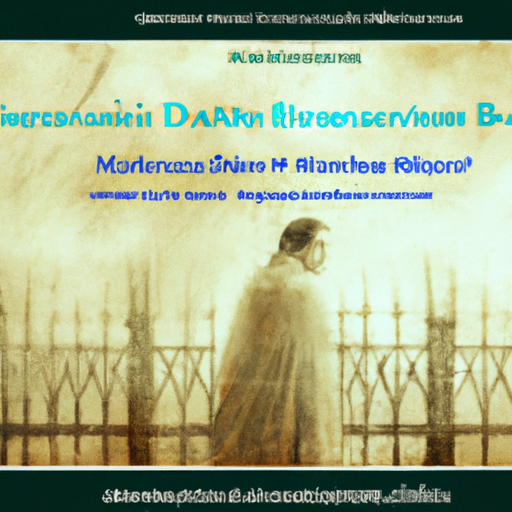
1. Vijay aspires for recognition and love
In Pyaasa, Vijay, the protagonist portrayed by Guru Dutt himself, grapples with a deep desire for recognition and love. Through his poignant dialogues, Vijay expresses his yearning for acknowledgment and struggles with his place in society. Lines such as “Main akela hi chala tha janib-e-manzil magar” (I walked alone towards my destination) and “Ye duniya agar mil bhi jaaye toh kya hai” (What does it matter even if I gain the whole world) reflect Vijay’s inner turmoil and longing for meaning.
2. Gulabo expresses her resignation to societal norms
Gulabo, played by Waheeda Rehman, represents the voice of resignation to societal norms in Pyaasa. Her character reflects the struggles faced by women in a conservative society. Through her dialogues, Gulabo conveys her weariness with the daily grind and the lack of love in a world that values material gain over emotional connections. Lines such as “Roz roz ke zindagi se tang aa gayi hoon” (I am tired of the daily grind) and “Pyar na mila kabhi toh duniya mei jeeena mushkil hai” (It’s difficult to live in a world without love) capture the depth of her emotions.
3. Vijay’s disillusionment with materialism
Vijay’s character in Pyaasa undergoes a significant transformation as he becomes disillusioned with the materialistic pursuits of society. Through his dialogues, Vijay critiques the inherent flaws in valuing wealth and power over human connection and integrity. Lines like “Jab insaan ka imaan bikharta hai, toh woh insaan kuch nahi reh jaata” (When a person’s integrity is lost, they cease to exist) and “Kagaz ke phool jaise chehre aate hain, log le dete hain, logon ko dekar” (People take away faces like paper flowers, just by giving them to others) reflect his deep-seated disillusionment.
4. Gyaneshwar’s critique of society
Gyaneshwar, a poet and friend of Vijay, serves as a critique of society’s apathy and inequality. Through his dialogues, Gyaneshwar sheds light on the dark underbelly of society and the struggles faced by the marginalized. Lines like “Yeh insan bhookhe hue mar jayenge” (These people will die of hunger) and “Hifazat teri, maut se darr rahi hai” (O Society, you fear death for your own protection) reveal his penetrating analysis of the hypocrisy and injustices prevalent in society.
5. Vijay’s poetic musings on life
One of the defining elements of Pyaasa is its poetic and lyrical dialogues. Vijay’s character often engages in philosophical musings on life, love, and the human condition. Through his poetic expressions, Guru Dutt’s portrayal of Vijay reaches the hearts of the audience. Lines such as “Zindagi din aur raat hai, bas itna sa khwaab hai” (Life is day and night, just a little dream) and “Badal daali duniya, hum khwaab kyon badle” (The world changed, why should we change our dreams?) encapsulate the profound contemplation on the nature of existence.
6. Vijay’s plea for genuine human connection
Throughout Pyaasa, Vijay seeks genuine human connection amidst a sea of superficiality. His dialogues express his longing for emotional authenticity and understanding. Lines like “Jinhein kameez ke saath sirf daulat bhee-jani chahiye, unki aankho mein khauf hai kabza rule ka” (Those who only value money with clothes are fearful of the rule of the oppressed) and “Mujhe dekh, mujhe samjh, aur mujhe apna aadmi bana” (See me, understand me, and make me your own man) reveal Vijay’s plea for true empathy and companionship.
7. Meena’s realization of Vijay’s worth
Meena, portrayed by Mala Sinha, undergoes her own transformation as she realizes the worth and talent of Vijay. Through her dialogues, Meena expresses her admiration for Vijay’s poetic abilities and his ability to see beyond superficial societal norms. Lines such as “Ye aadmi akele rehna jaanta hai, magar pyar ke layak hai” (This man knows how to live alone, but he is worthy of love) and “Bharat ki maati ko nanga kar dega” (He will expose the naked truth of India’s soil) showcase her growing appreciation for Vijay’s art and his ability to challenge societal constructs.
8. Vijay’s reflections on art and society
Guru Dutt’s Vijay uses his poetic expressions to reflect on the relationship between art and society. Through his insightful dialogues, Vijay highlights the transformative power of art and the role it plays in exposing society’s flaws. Lines such as “Jeevan ke bhaag daud mei, kabka bichhad gaya tha” (In the race of life, long ago, I got separated) and “Kya khoob hai yeh tasveer kalpana kavita” (How beautiful is this image, imagination, and poetry) offer a glimpse into his deep understanding of the union between art and societal critique.
10. Dialogue exchanges highlighting societal hypocrisy
Pyaasa also showcases scathing societal critiques through dialogue exchanges that expose the hypocrisy prevalent in society. Lines such as “Ab lafde ki aadat ho gayi hai, par bistar pe sone ka haq nahi milta” (We have gotten used to chaos, but we are denied the right to sleep peacefully) and “Jaane kya kar gayi hai ye hindustan ki betiyan” (What have the daughters of India done?) shed light on the unjust discrepancies and prejudices pervading society.
In conclusion, Pyaasa’s memorable quotes reflect the multifaceted themes explored in the film. From Vijay’s aspirations for recognition and love to Gulabo’s resignation to societal norms, from Gyaneshwar’s critique of society to Meena’s realization of Vijay’s worth, the dialogues in Pyaasa capture the complexities of human emotions and societal dynamics. Through its poetic musings and insightful critiques, Pyaasa continues to resonate with audiences, reminding us of the timeless relevance of its themes.







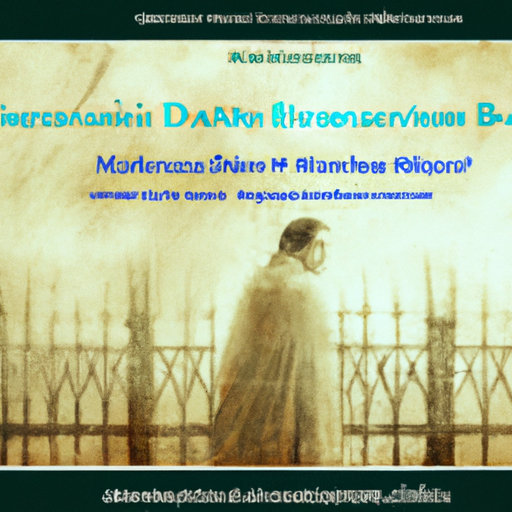
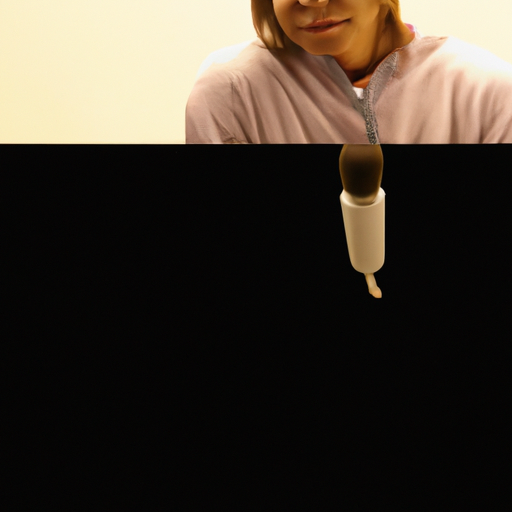
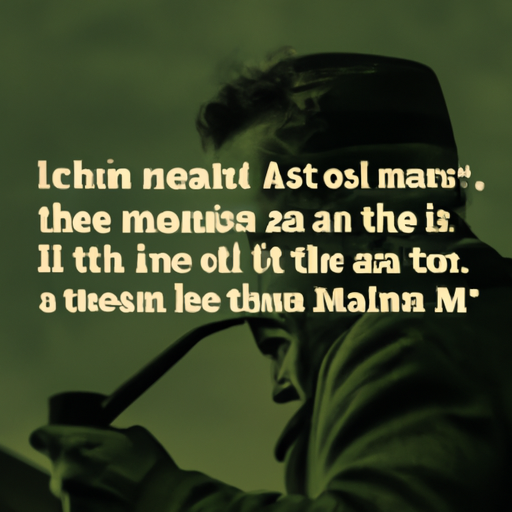

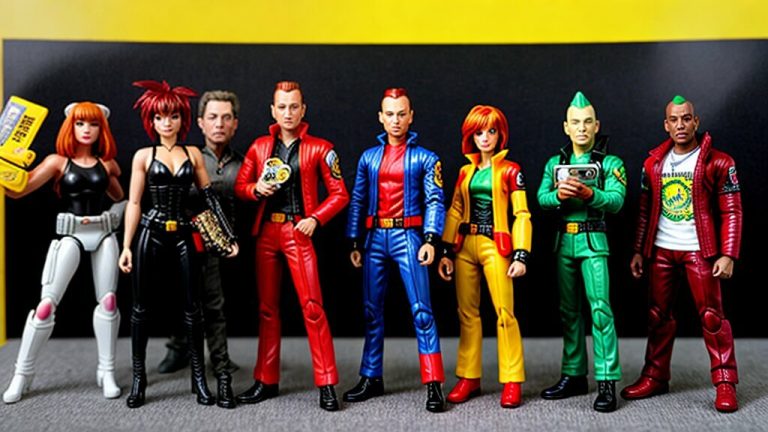
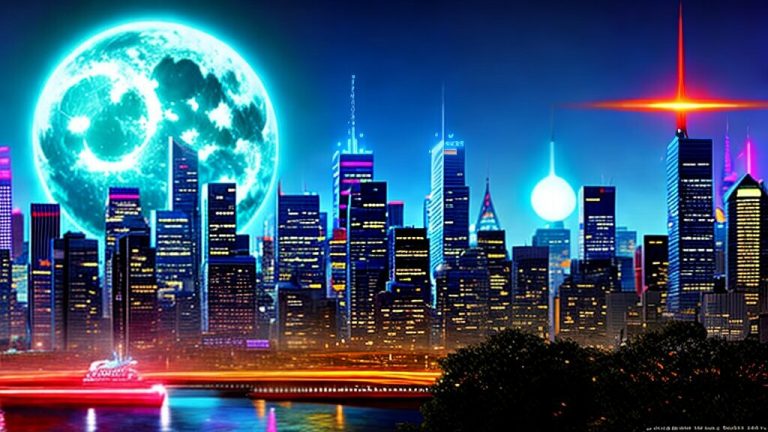
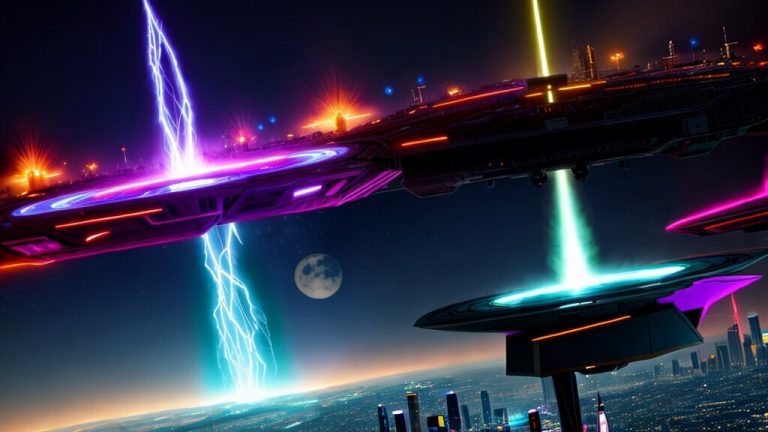
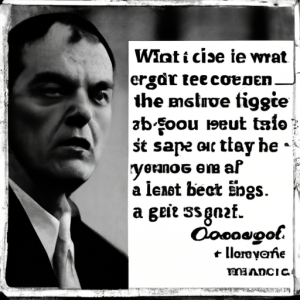
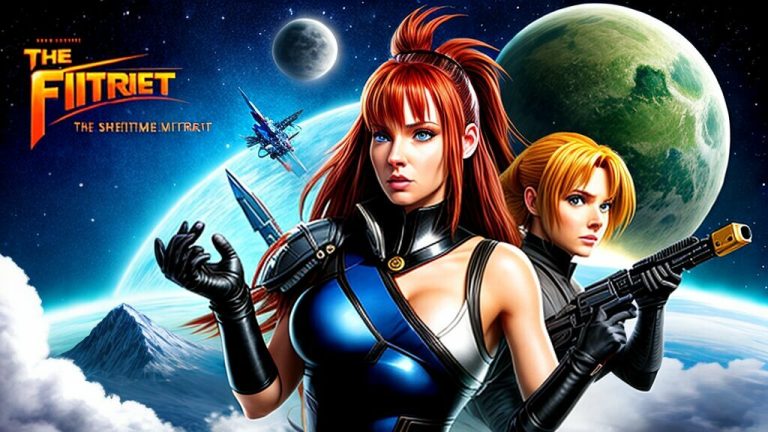


+ There are no comments
Add yours